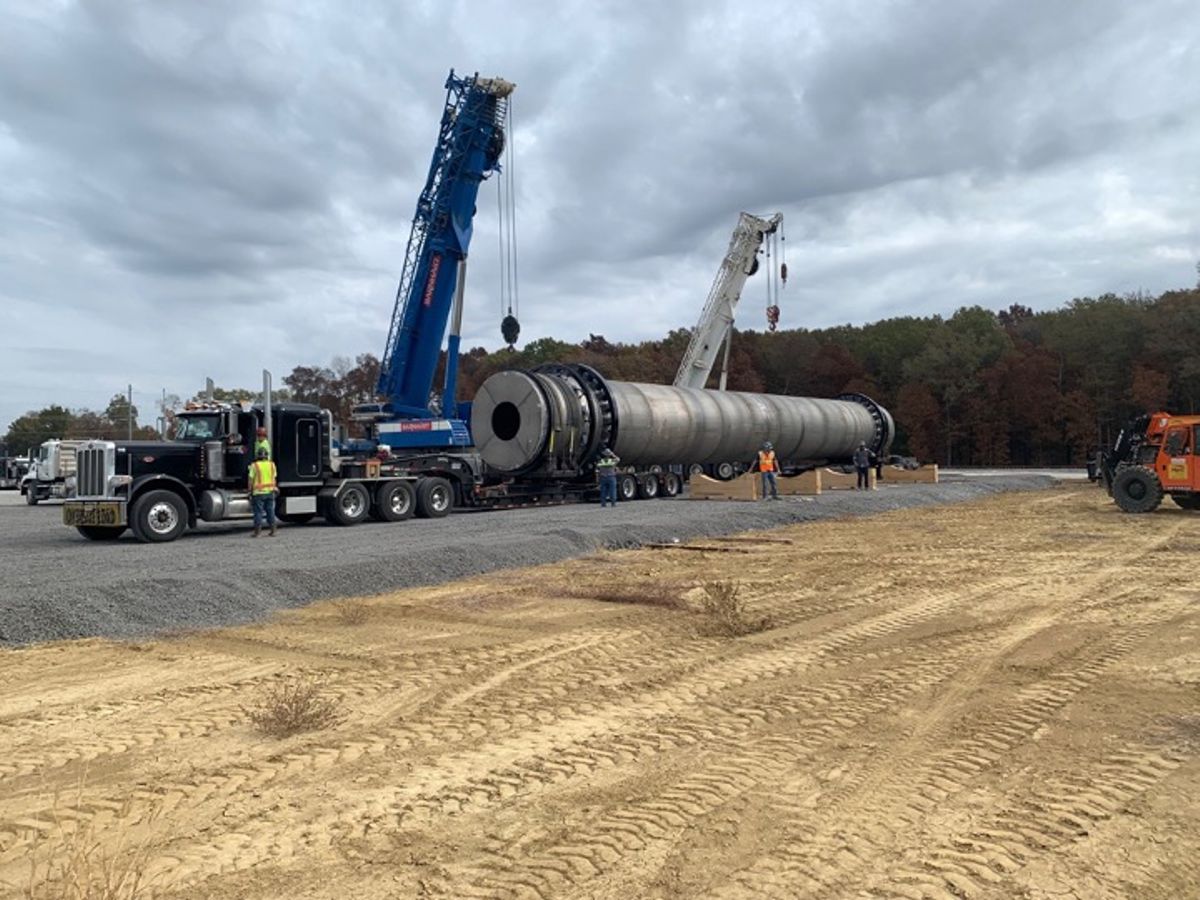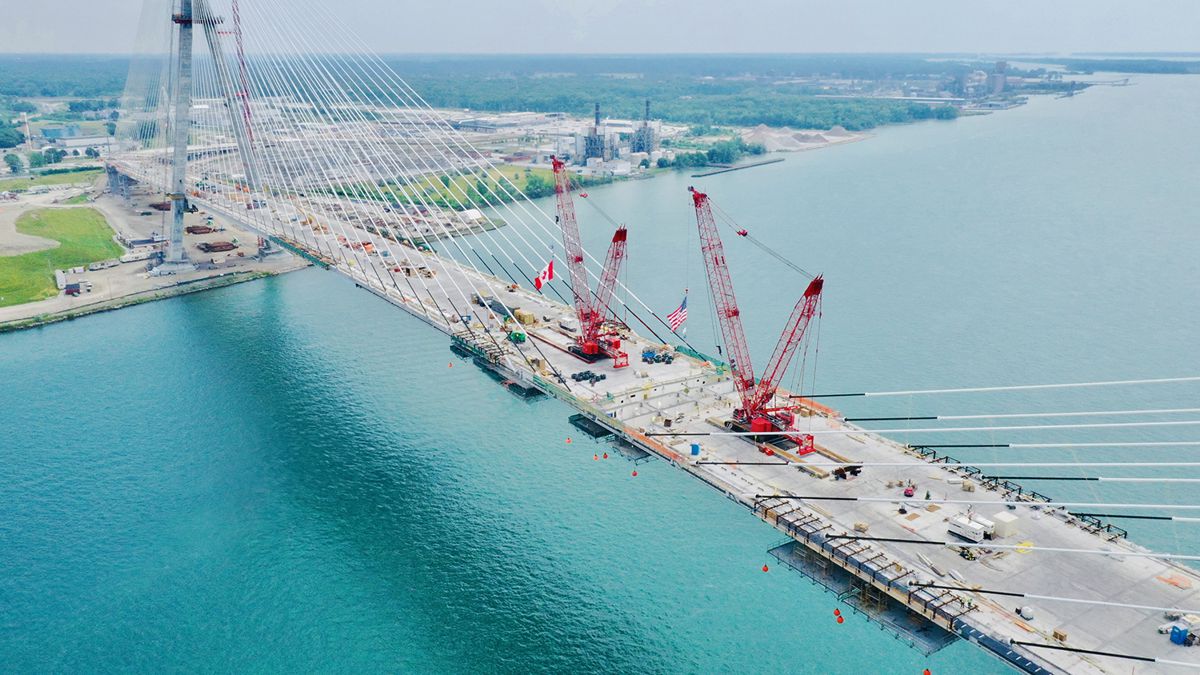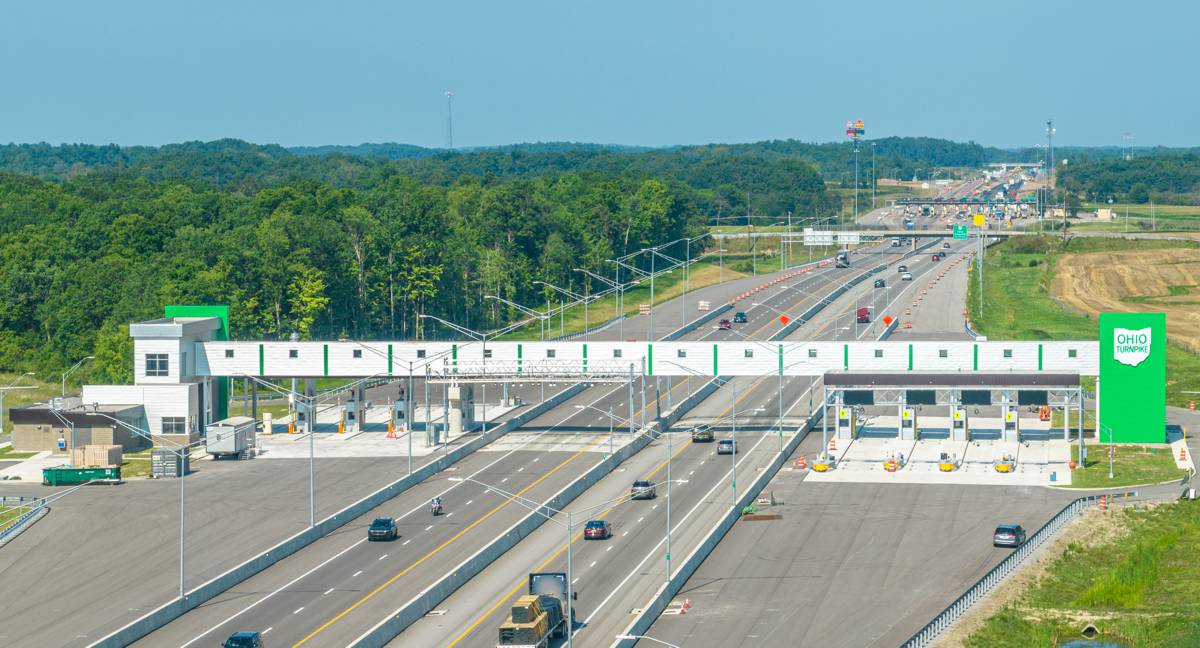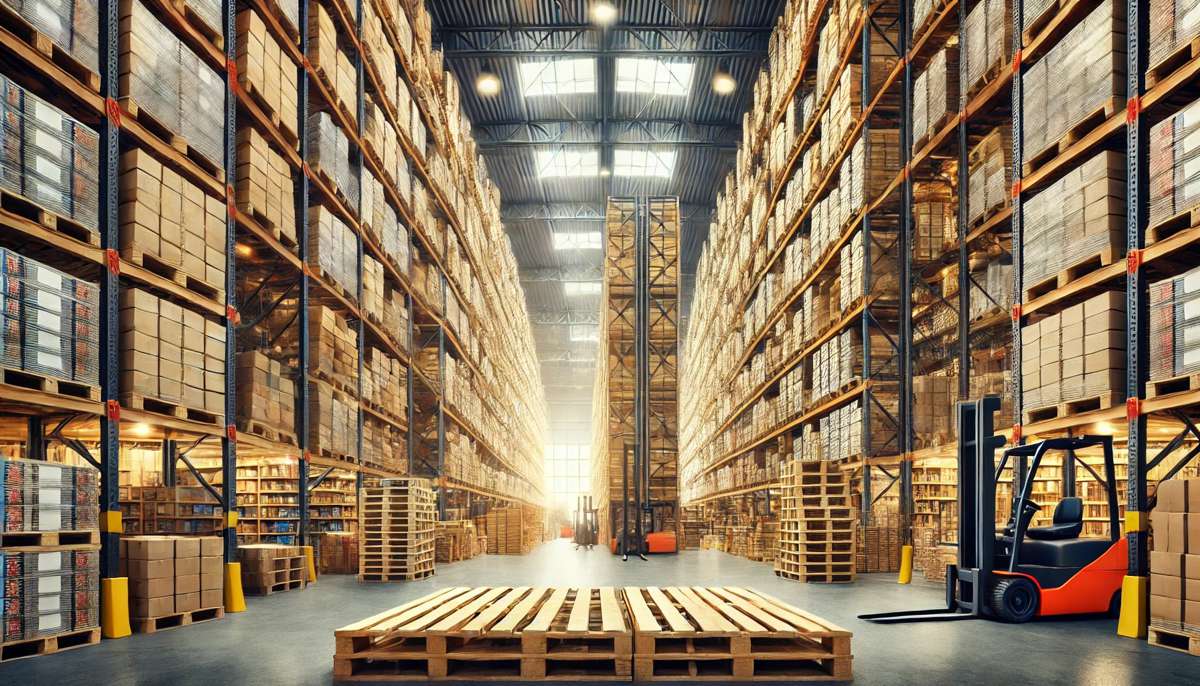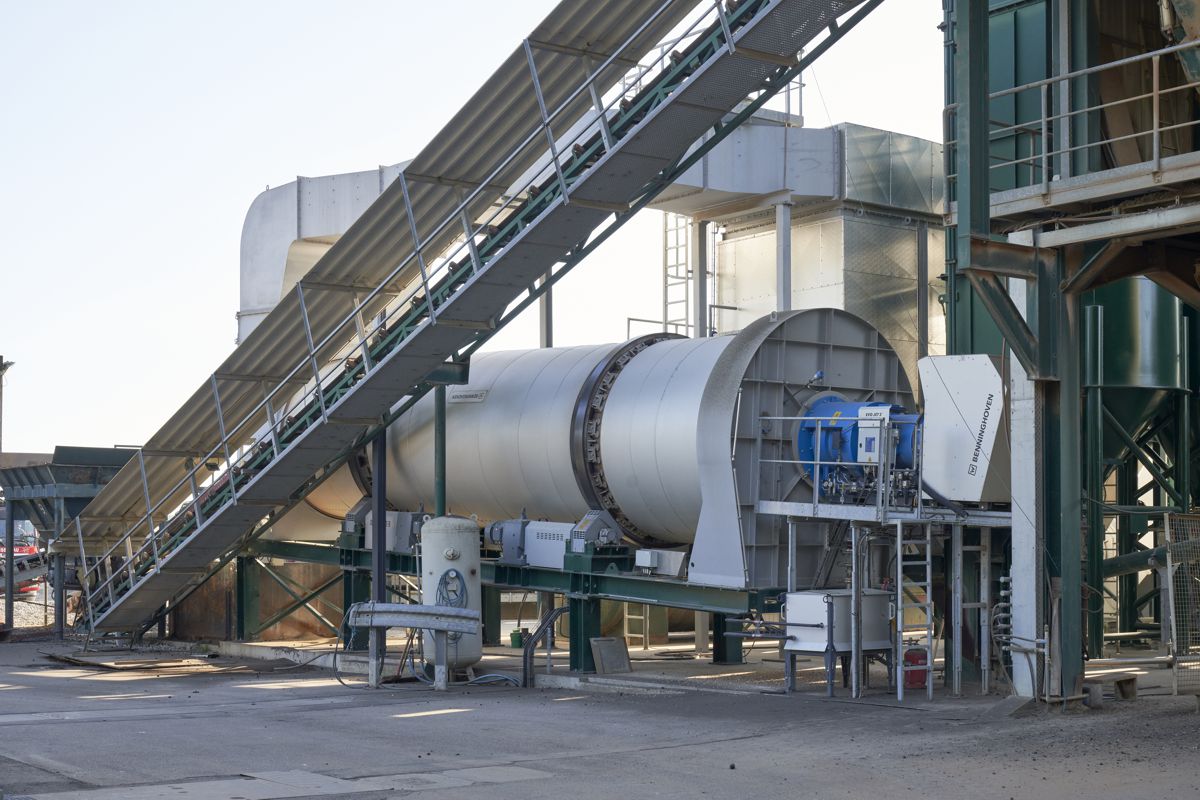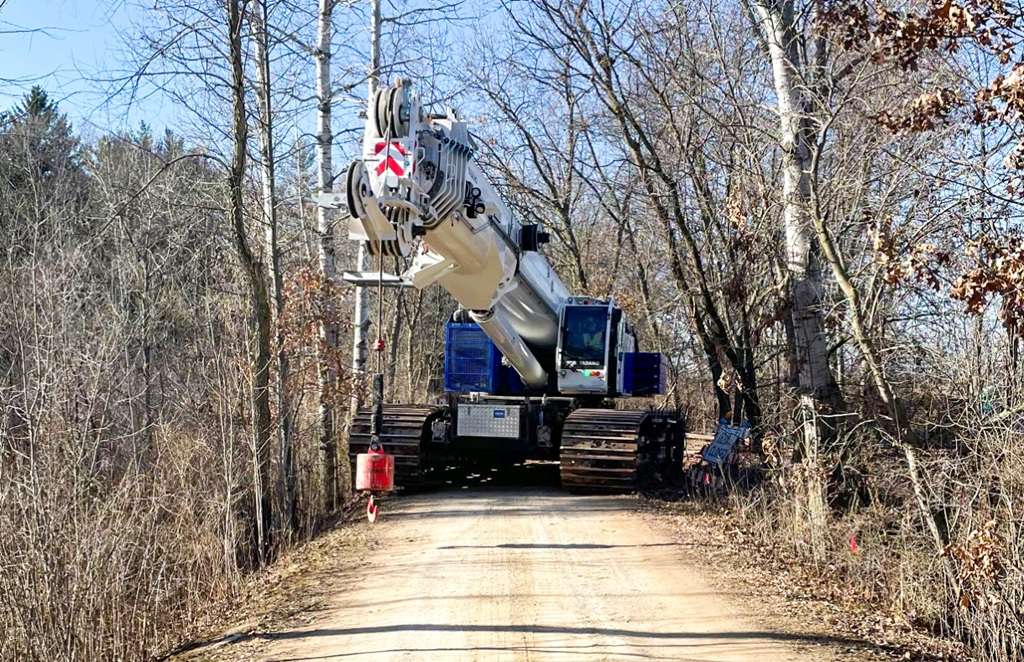Aymium raises $210m for Cleantech Biocarbon Facility in California
Aymium, the leading producer of renewable biocarbon products, announced today that it closed $210 Million of financing to construct a biocarbon production facility in Williams, California.
The facility will support the first large-scale continuous use of advanced biocarbon to replace coal in power generation in the world. Use of the product from the Williams facility to replace coal will reduce greenhouse gas emissions by over 500,000 metric tons per year—equivalent to removing over 120,000 cars from the road annually. Construction of the facility is scheduled to be completed in 2025.
“We are excited to have the support from such an experienced group of investors from Asia, North America and Europe,” said James Mennell, CEO of Aymium. “These groups share a profound commitment to decarbonization and have come together to advance this technology that will create a substantial reduction in greenhouse gas emissions for many years.”
The facility will be funded by a global group of investors dedicated to next-generation decarbonization technologies. Senior debt, in the form of green bonds, will be provided jointly by ECP ForeStar and Copenhagen Infrastructure Partners (CIP) through its Green Credit Fund. Subordinated debt will be provided by Japan Green Investment Corp. for Carbon Neutrality (“JICN”) and Aymium. Equity for the project will come from Hokuriku Electric Power Company, Nippon Steel Trading, and Aymium.
U.S. Ambassador to Japan Rahm Emanuel said: “A global threat like climate change demands a global solution. The only way to tackle a challenge of this magnitude is by thinking and collaborating across borders. With the United States and Japan cooperating on a multitude of areas related to energy and the environment, Aymium’s groundbreaking biocarbon production facility is the latest project to benefit from this flourishing relationship.”
Reiner Boehning, Managing Partner of ECP ForeStar said: “Aymium, together with its partners, has developed a proven production process that is an important building block to help decarbonize industrial processes, like steel making, and power generation. We are thrilled to be part of the investor group that finances the construction of Aymium’s next production facility in Williams, California.”
Jakob Groot, Partner at CIP and co-head of its Green Credit Fund, said: “We are proud to be part of this experienced lending consortium that is supporting Aymium in financing the construction of the Williams project and Hokuriku Electric in their continued decarbonization efforts. This financing represents an attractive opportunity for us and our investors to make yet another meaningful contribution to the green transition.”
Aymium produces the only commercially demonstrated carbon-negative product for replacing coal in power generation. Aymium’s renewable product is created through a non-combustion process that converts waste biomass to high purity biocarbon. Their product is specifically engineered to immediately replace fossil coal without the need for any type of plant investment or process modification, and has superior energy value, handling, and environmental attributes to coal.
The process uses third-party certified sustainable waste biomass and is powered by self-generated renewable energy. Aymium’s process and product technologies are protected by more than 500 issued and pending patents. Aymium’s investors include Hokuriku Electric, Nippon Steel Trading, Rio Tinto and Steel Dynamics. Morgan Stanley served as debt arranger to Aymium in this transaction.
